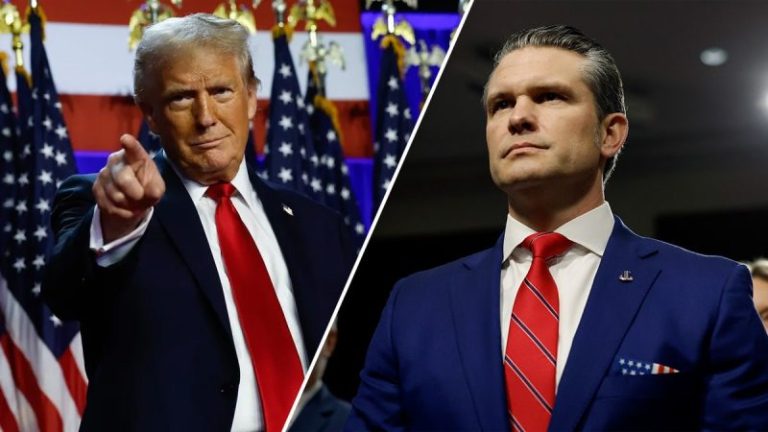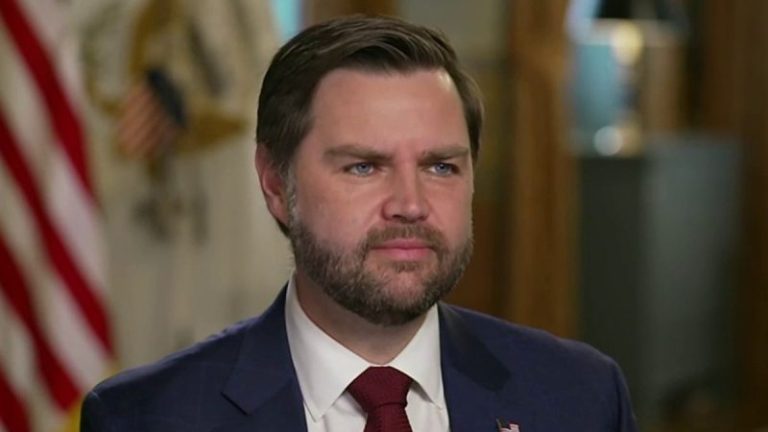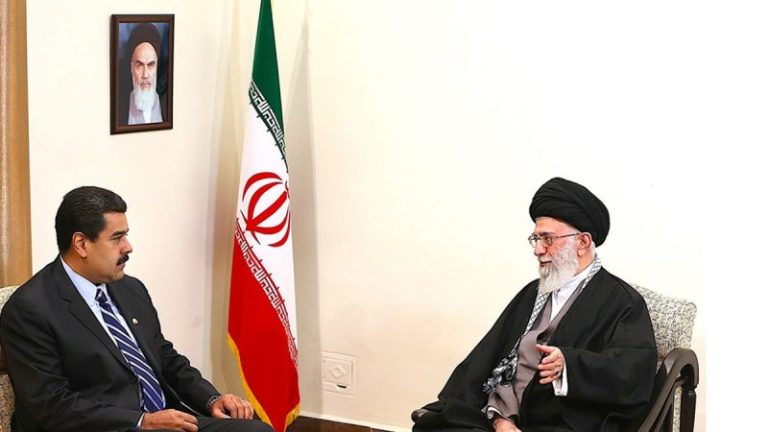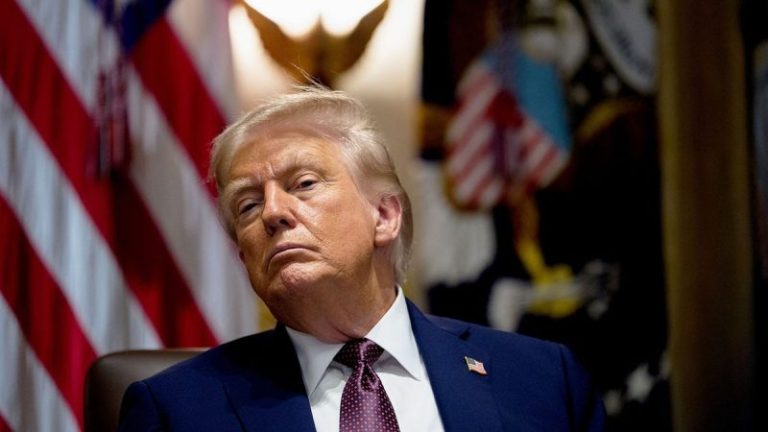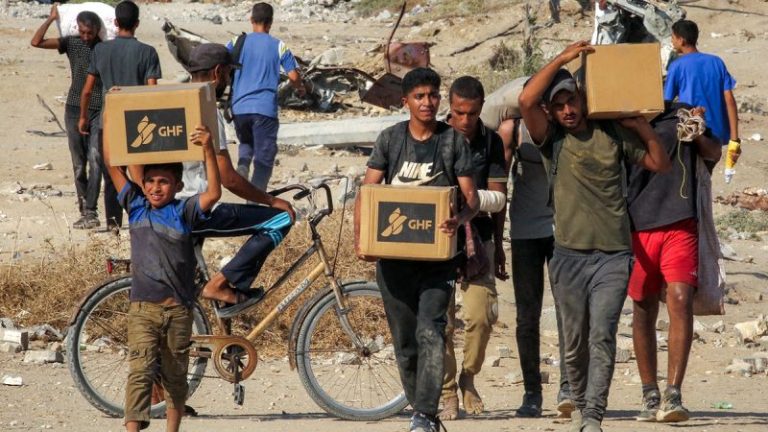In 1947, the United States War Department became the Department of Defense, as our nation was entering what would be four decades of Cold War with the Soviet Union, and taking its place as a global superpower.
On Friday, President Donald Trump signed an executive order bringing the original name back to the department created by George Washington in 1789. It brings with it a change that would have earned the hearty approval of our first president.
In the 78 years in which the United States has had a ‘Department of Defense,’ we never declared war a single time, but that didn’t stop thousands upon thousands of American soldiers from sacrificing their lives in Korea, Vietnam, and later, the Middle East.
During this time, the United States widely became known as the world’s policeman. Without actually declaring wars, we played a violent game of Twister across the globe, our Defense Department dipping its toes into conflicts across continents.
Too often, the role of our soldiers was not to kill the enemy, but to maintain order, and just as a police force is restrained from using total force against criminals, our military was too often simply not allowed to bring its full force to bear.
There is a fundamental and important difference between war and policing. Wars can be won, policing cannot. Policing is a never-ending struggle, and that is exactly what America’s military interventions felt like under the reign of the Department of Defense.
‘I want offense too,’ Trump has quipped about the name change. But what he really means is that he wants wars we can win, not endless nation-building boondoggles meant to maintain balance in a world full of conflagrations from Ukraine to Gaza.
Secretary of War, as he is now known, Pete Hegseth has made clear his priority is lethality, not just being a stick for diplomats to use. He wants an army, not a police force.
It was Carl von Clausewitz, the early 19th Century father of modern war, who defined military victory as compelling the enemy to do your will by destroying their desire and means to resist. That is something our military has not done in some time.
But that may be changing.
It was no accident that this cabinet-level name change occurred in the wake of the Trump administration blowing an alleged speedboat full of drugs and drug smugglers from Venezuela to smithereens.
Under the old rubric, that boat might have been stopped, its crew given Miranda rights. In other words, it would have been policed.
But does this mere police work actually work, per Clausewitz, to destroy the Venezuelan gangs’ and government’s will and means to flood our country with deadly drugs? It does not, it just maintains the status quo from the border to the graveyard.
But now, the next guys in line to jump aboard a drug-laden boat headed for Florida aren’t looking at possible jail time, in facilities all but run by their gangs. No, they are looking at a quick exit to eternity under the sea.
Likewise, Trump’s direct attack on Iran’s nuclear facilities sent a new message to the Ayatollah that if he goes too far, we will destroy him and his nation.
The Department of Defense, may it rest in peace, was a noble idea. It was launched in the spirit of ending war, not winning wars. It was meant to prop up democracies around the planet until all nations found the right and just path of freedom and capitalism.
It may have been worth a shot, but it just didn’t work, and that is why the Trump administration is returning to the original premise, that armies don’t exist to protect and serve the world, they exist to kill our enemies.
Not long after President Washington established the War Department, he would give a farewell address in which warned against engaging in foreign entanglements, and yet under the name Department of Defense, our military seemed to do little else.
President Trump is sending the message that the United States will no longer be defending itself through proportional half measures and never-ending peace missions. No, from here on out, the Department of War does not exist to contain or constrain our enemies, it exists, as it should, to destroy them.

